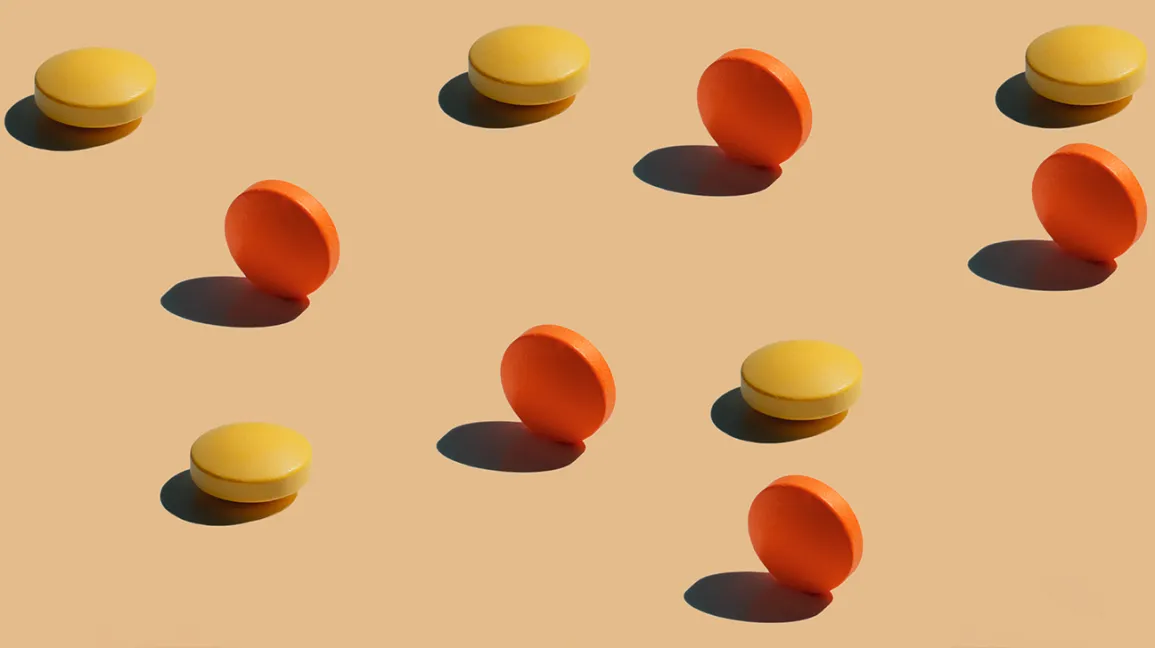WEB DESK, July 3(ABC): Sleep disorders, such as insomnia or sleep apnea, and several common medications may contribute to erectile dysfunction and lower sex drive, according to two new studies presented at the American Urological Association’s AUA 2022 Conference in New Orleans.
Erectile dysfunction (ED) is a condition in which a man is unable to get or keep an erection firm enough for satisfactory sexual intercourse, according to the National Institute of Diabetes and Digestive and Kidney Diseases. It’s estimated that about 30 million men in the United States have ED.
“Oftentimes, ED isn’t caused by just one thing, but several different contributing factors. In general, it’s considered a blood flow problem, particularly for men in their fifties and beyond,” says Petar Bajic, MD, a urologist and expert in men’s sexual health who moderated the Men’s Health press session at AUA 2022.
Medications Most Commonly Associated With ED and Low Libido
In a study presented in the Men’s Health session, researchers used the U.S. Food and Drug Administration Adverse Event Reporting System (FAERS) to identify the medications with the highest frequency of ED adverse event reports from 2010 to 2020. The top 20 medications were then included in the disproportionality analysis, a method used to confirm or disprove a potential association between an adverse drug reaction and a medication.
According to the analysis, the top five drugs with ED as a side effect include:
- Propecia (finasteride), a medication used to shrink an enlarged prostate. More than one million men in the United States take this urinary retention medication to treat male pattern hair loss.
- Avodart (dutasteride) is a drug used to decrease the production of the androgen dihydrotestosterone (DHT), which causes male pattern baldness and symptoms of an enlarged prostate gland.
- Norvasc (amlodipine) is a calcium channel blocker that treats high blood pressure and chest pain (angina).
- Invega (paliperidone) is an antipsychotic used to treat schizophrenia and schizoaffective disorder.
- Celexa (citalopram) is an antidepressant.
“Many men in this age group take medications, and some commonly used ones can contribute to ED. Because of that, we always take a holistic look at their whole history and try to identify any reversible causes,” says Dr. Bajic.
It’s hard to pinpoint how much a certain medication contributes, but it can certainly tip the scales, he says. “For example, say a man has a little bit of reduced blood flow to the penis due to high blood pressure for many years. He sees his doctor and gets started on a medication to address the blood pressure, and it further contributes to ED — that is definitely a common scenario we see.”
Bajic suggests talking with your doctor if you suspect one of your medications is causing or contributing to ED. “Sometimes there may be other medication options to manage your condition that won’t contribute to ED,” he says.

